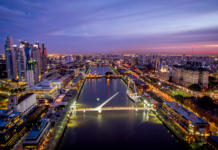
In recent decades, IPOs have become a popular means of advancement for businesses looking to transform and raise capital in exchange for a share of ownership. Market conditions have been strong since the US’ record year of 406 IPOs in 2000, fuelling today’s demand and driving appeal. 2018 saw 1,359 IPOs globally, bringing in more than $204 billion with Asian companies generating roughly 43 per cent of all public equity raised.
For family businesses deciding whether to embark on the path to an IPO, the considerations are numerous and complex. However, the reasons why they decide to take their companies public can be just as unique. From the notoriety benefits an IPO may bring to providing an exit strategy for founders and chief executives wanting to transition out of their business, IPOs often represent opportunities that go beyond merely securing capital.
Here are ten of the biggest IPOs for family-owned businesses and the notable reasons behind them.
10. Levi Strauss

Year of IPO: 2019
Value: $623 million
Although Levi Strauss & Co. began as a dry goods business in San Francisco in 1853, the company claims to have invented the blue jeans 20 years later. It first went public in 1971 but was taken private in 1985 through a $1.6 billion leveraged buyout by the Haas family, majority owners of the company and descendants of its founder Levi Strauss. Although a household name in US markets, Levi Strauss & Co. hopes to use the proceeds of a second IPO to expand in China and Brazil, where the brand’s popularity has been slow to materialise and accounted for less than 4 per cent of sales in 2018.
9. Evergrande Group
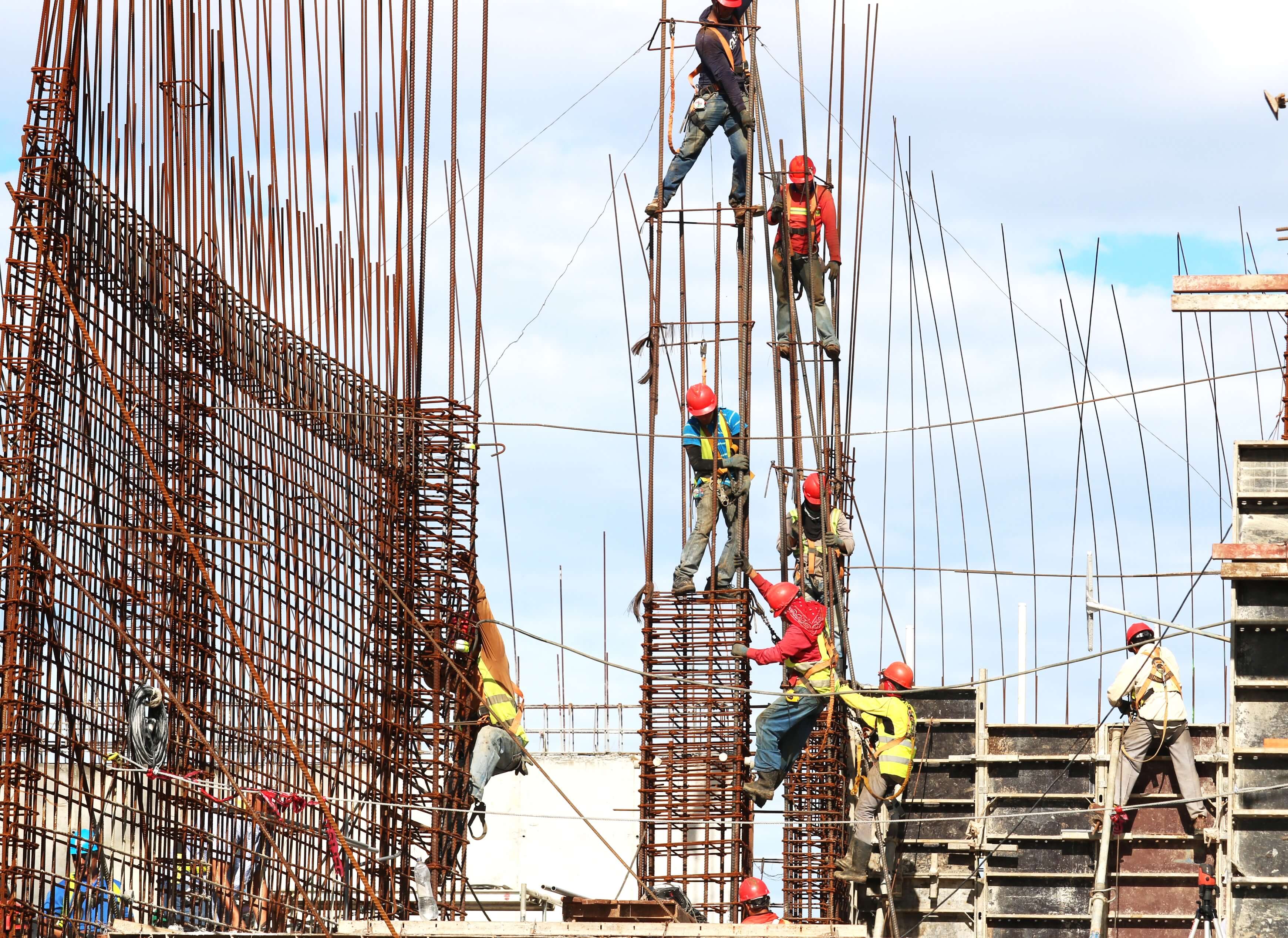
Year of IPO: 2009
Value: $722 million
The Shenzhen-based business is owned by Hui Ka Yan, one of China’s largest property developers. With a net worth of more than $27 billion, he is considered to be the country’s third-richest man. Hui’s son, Xu Zhijian, is Vice President of Evergrande, whose sizeable IPO value still fell short of the $1.5 billion it initially hoped to raise on the Hong Kong Stock Exchange. Relying heavily on state-owned bank loans and bonds during its early days of expansion, the company viewed its IPO as a mechanism for debt reduction and a catalyst toward a new business model that would improve cash flow and profitability. Competing IPOs from other Chinese developers in similar fiscal positions are considered to have contributed to Evergrande’s uneven IPO performance.
8. Ferrari (Exor)
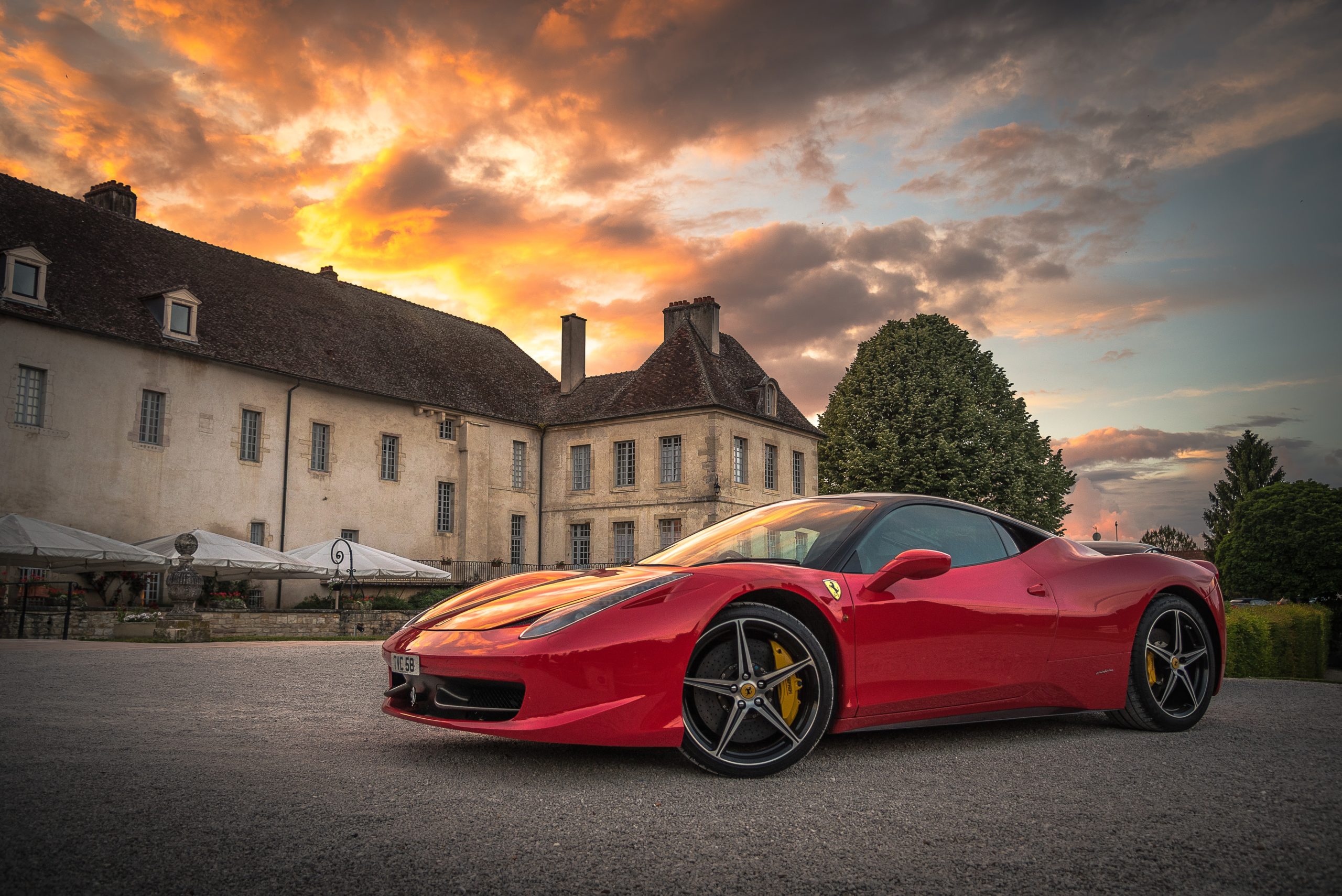
Year of IPO: 2015
Value: $884 million
Often called Europe’s Berkshire Hathaway, the Agnelli family’s Italian investment firm, Exor, is one of the region’s largest. The company’s diversified interests include global reinsurer Partner Re, Dutch commercial machinery manufacturer CNH Industrial, professional football club Juventus and automakers Fiat Chrysler and Ferrari. Although taking Ferrari public had been a longstanding wish of its former Chairman and Chief Executive Officer, Luca Cordero di Montezemolo, the move was well-timed alongside a significant appetite for IPOs in 2015. However, another reason for the IPO may have been to bring the sports car company more directly under the influence of Exor. After Ferrari’s separation from its parent company, Fiat Chrysler, during the IPO process, the structure of the deal allowed Exor to increase its stake, assuming a controlling 33.4 per cent of voting power in Ferrari.
7. JD.com
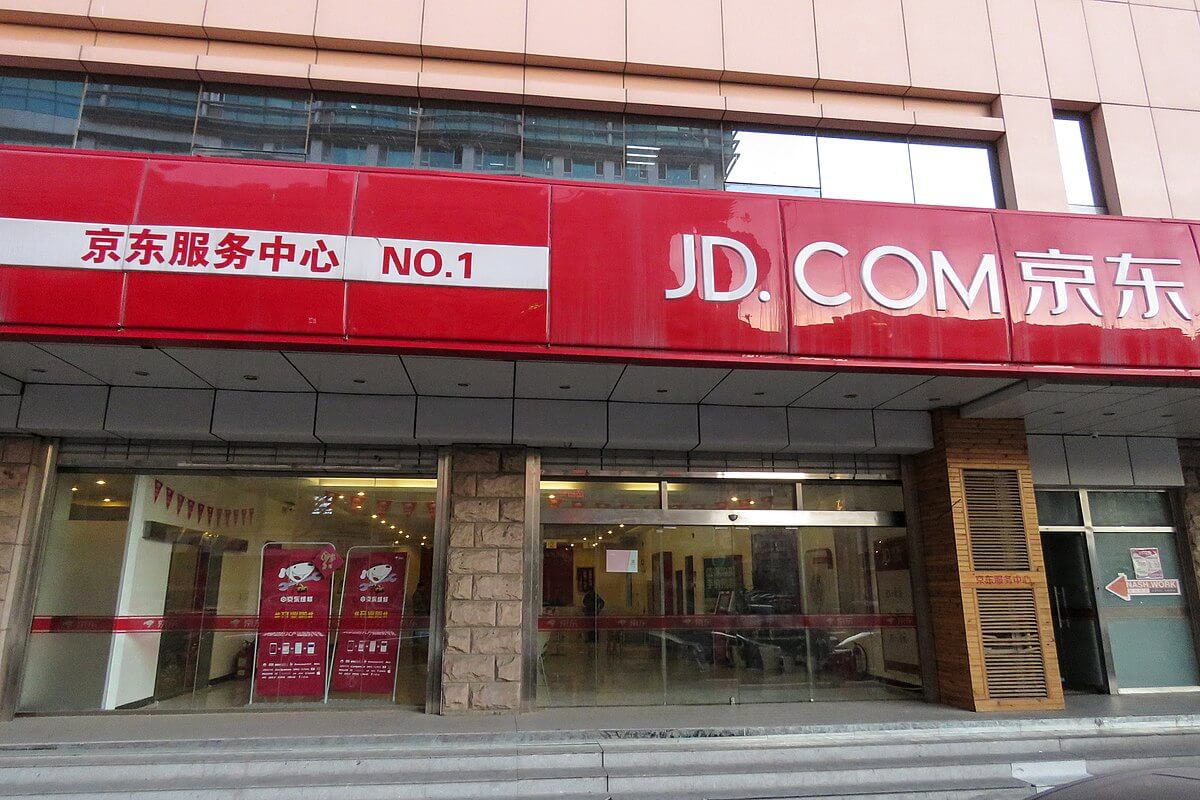
Year of IPO: 2014
Value: $1.78 billion
China’s largest online direct sales company is also responsible for the country’s largest IPO up to 2014. Richard Liu, the company’s founder, moved his bricks-and-mortar retail store online in 2004 and created an e-business company that is often referred to as the “Amazon of China”. JD.com’s IPO was oversubscribed 15 times, raising more capital than expected and making the company’s valuation an impressive $26 billion in 2014. Industry watchers feel that going public was a shrewd play by Liu, who chose to beat the competing (and larger) e-commerce platform Alibaba to its much-anticipated IPO four months later.
6. Traton (Volkswagen)
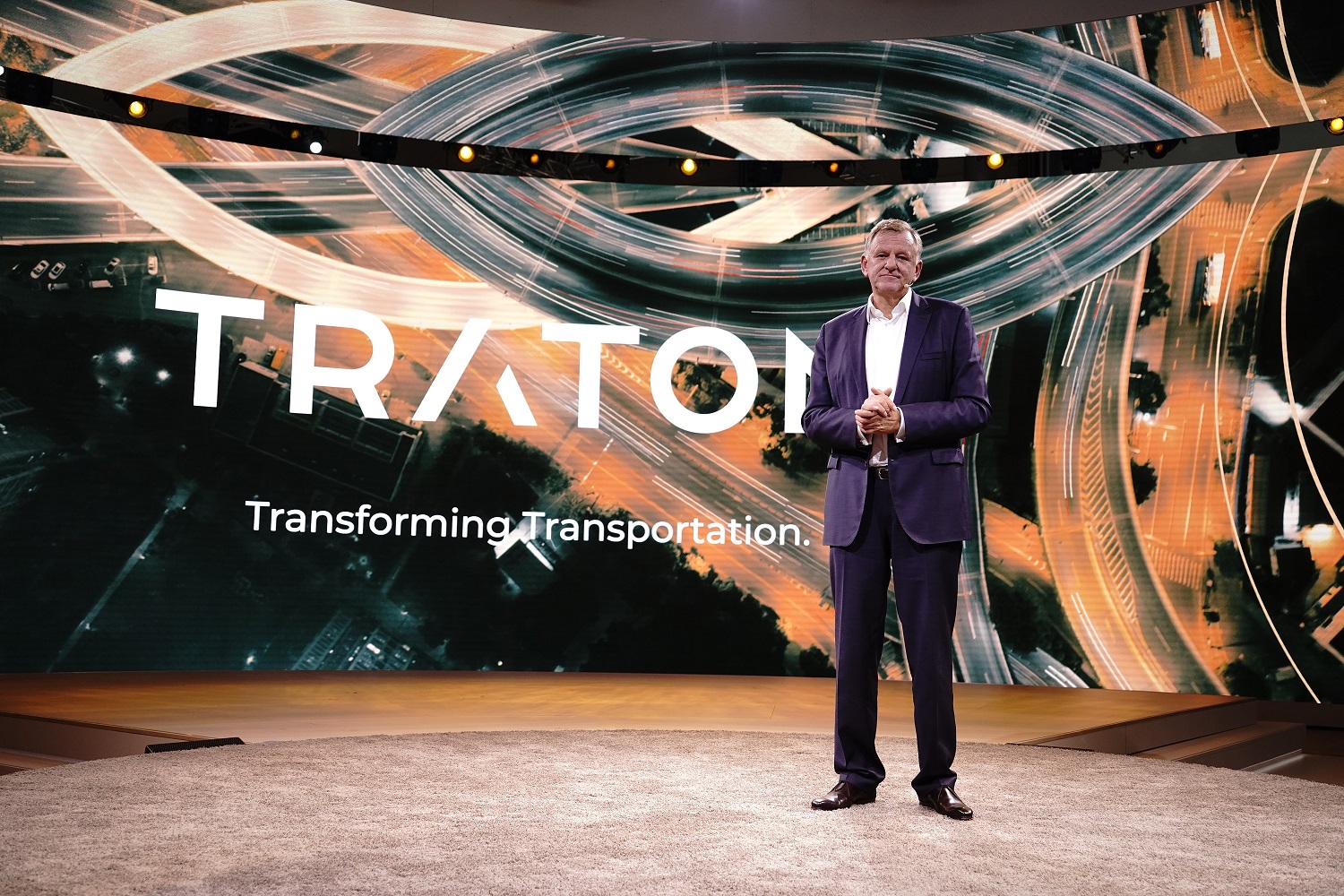
Year of IPO: 2019
Value: $1.8 billion
Offering 12 brands from seven European countries, the Volkswagen Group, owned by the Piech and Porsche families, is the world’s largest automaker. Traton is the company’s commercial vehicle division, comprising of MAN and Scania truck brands and Brazilian truck and bus subsidiary Volkswagen Caminhoes e Onibus. Volkswagen’s decision to take Traton public was partially in response to Brexit, with the company hoping to mitigate poor market conditions and slowing fundamentals in Europe and China. However, Volkswagen has stated that the capital raised through its IPO will help the company become more competitive, specifically in the electric commercial vehicle market. In 2018, Volkswagen officially unveiled its fully electric distribution truck and its Volksbus e-Flex concept vehicle, with plans of manufacturing and selling both in South America’s growing economic marketplace.
5. Genentech (Roche Holdings)
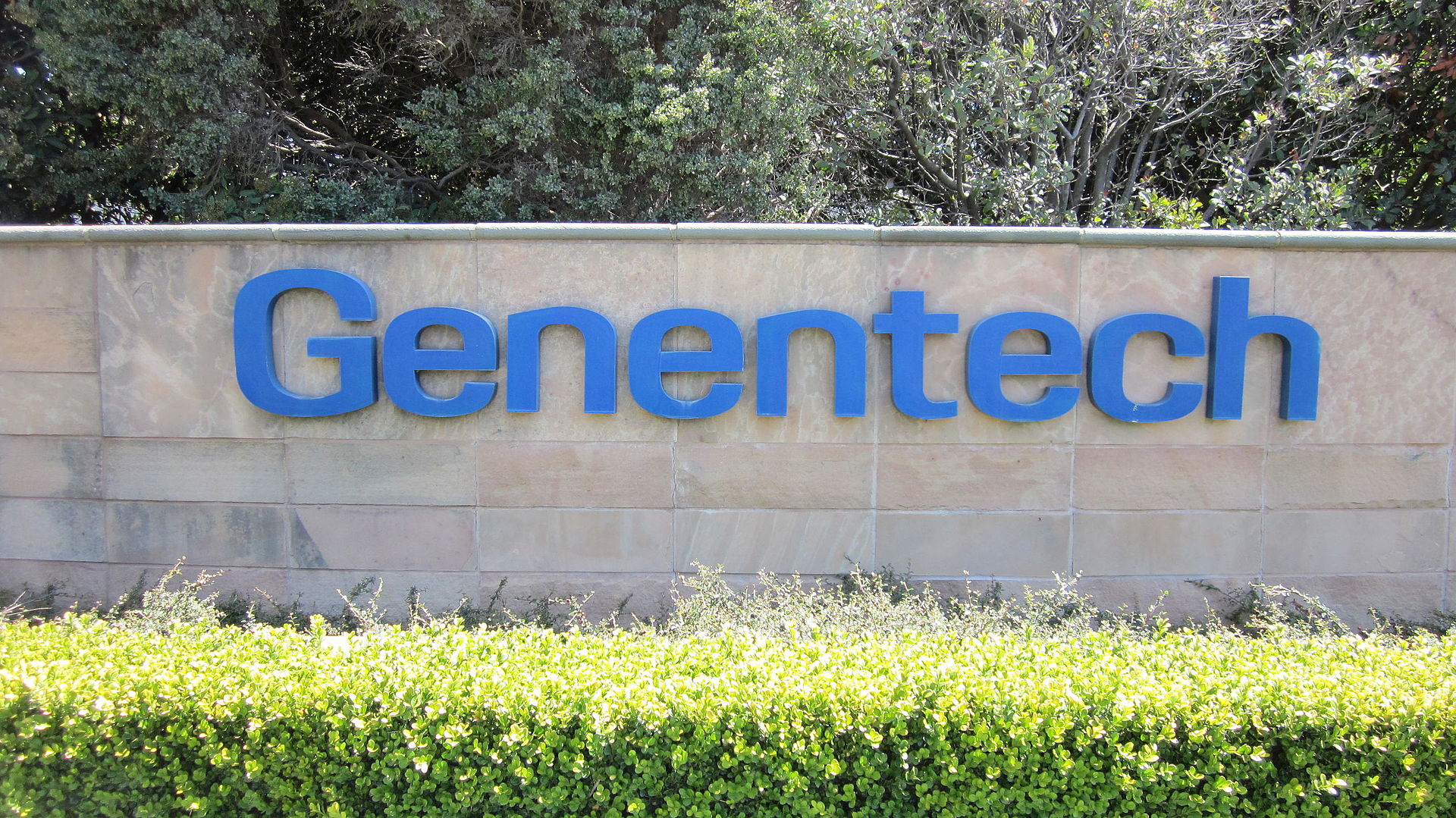
Year of IPO: 1999
Value: $1.9 billion
Roche’s sale of a 16 per cent stake in its American biotechnology company Genentech was the largest IPO in the industry’s history. Controlled by the Hoffmann and Oeri families, the Switzerland-based holding company had made significant investments in Genentech since founding, then purchased a controlling interest in 1990. However, Genentech’s 1999 IPO may have largely been about optics. Roche had bought the entire company earlier that year and was seemingly selling off just enough shares to maintain Genentech’s independently traded status, possibly to quell jittery US investors who were fearful Roche would adopt an overly hands-on approach. Nearly a decade later, Roche bought the company outright through its remaining shares for $43.7 billion.
4. Reliance Power
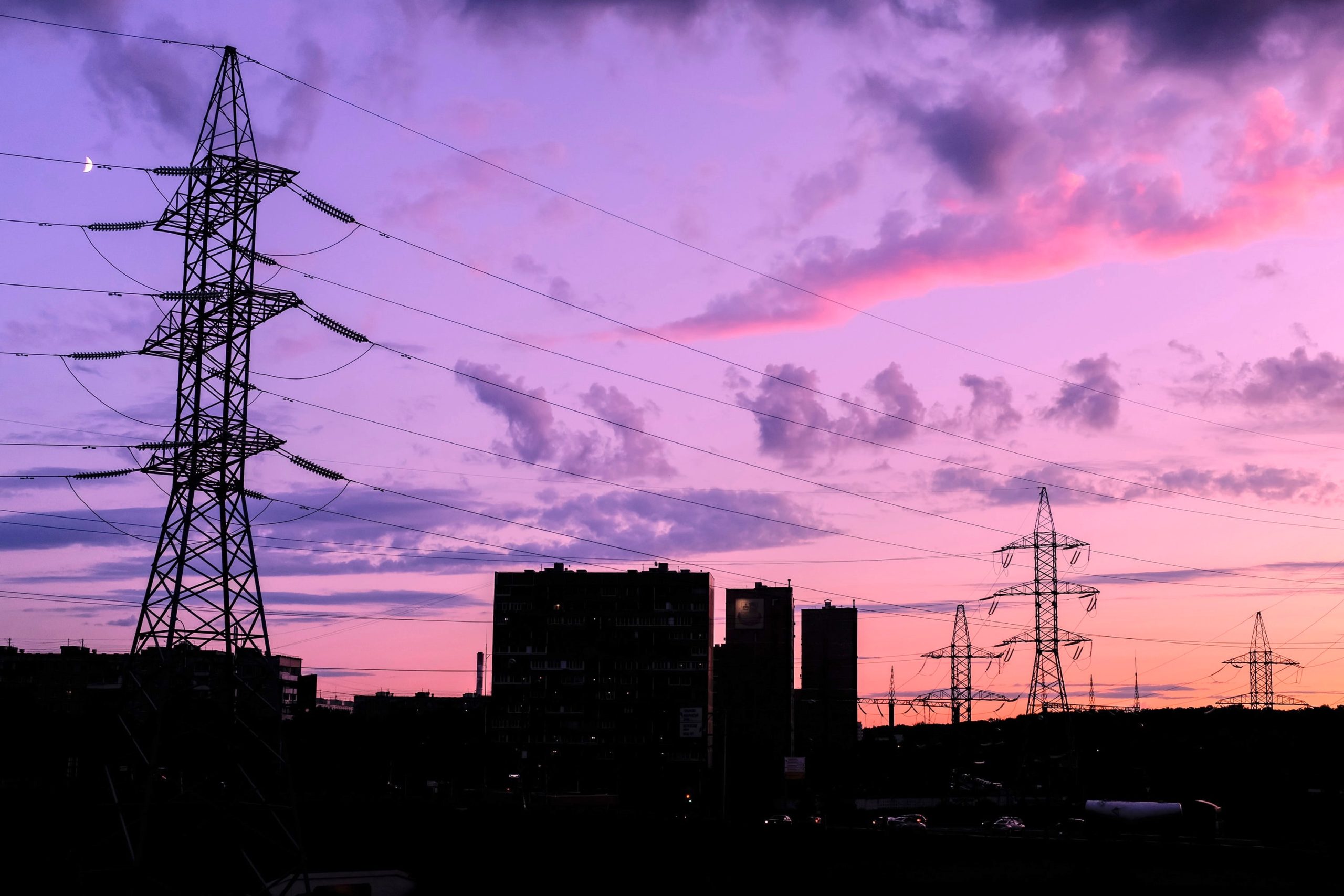
Year of IPO: 2008
Value: $3 billion
The Ambani family’s Reliance Power IPO, the largest in India’s history, was eagerly anticipated and even more swiftly bought, becoming fully subscribed within a minute of trading. However, what followed remains a well-examined debacle. The company’s stock closed the day 17 per cent down when many heavily leveraged buyers sold their stakes after not attaining the value they had hoped for. In an effort to soothe nervous investors, Reliance offered a discount on shares, which only seemed to worsen the stock’s tailspin. Reliance intended to use most of the proceeds of the IPO to finance an Ultra Mega Power Project in Sasan, India.
3. Anheuser-Busch InBev

Year of IPO: 2019
Value: $5 billion
Second only to Uber, Anheuser-Busch InBev, the Brazilian and Belgian brewer controlled by the Van Damme, De Spoelberch and De Mevius families, launched one of the largest IPOs of 2019. The world’s biggest beer maker expanded its empire by purchasing English beverage company SABMiller in 2016. The proceeds from the IPO are expected to help pay off the more than $100 billion of debt Anheuser-Busch InBev accrued after the SABMiller takeover. Hoping to make inroads in the Asian market, the company listed the IPO on the Hong Kong Stock Exchange.
2. Banco Santander Brasil

Year of IPO: 2009
Value: $8 billion
Financial giant Banco Santander SA, owned by the Spanish Botín family, delivered the world’s largest IPO of 2009 in the hope of expanding its South American operations in one of the world’s fastest-growing economies. Shares of the bank’s Brazilian operations were sold in both the US and Brazil, producing the latter’s largest IPO to that date. The bank intended to use proceeds from the IPO to open new branches, install ATMs and increase funding of its commercial banking segment in the region. Banco Santander SA continued its push in Latin America when it took its Mexican unit public in 2012 with a $4 billion IPO.
1. Walmart
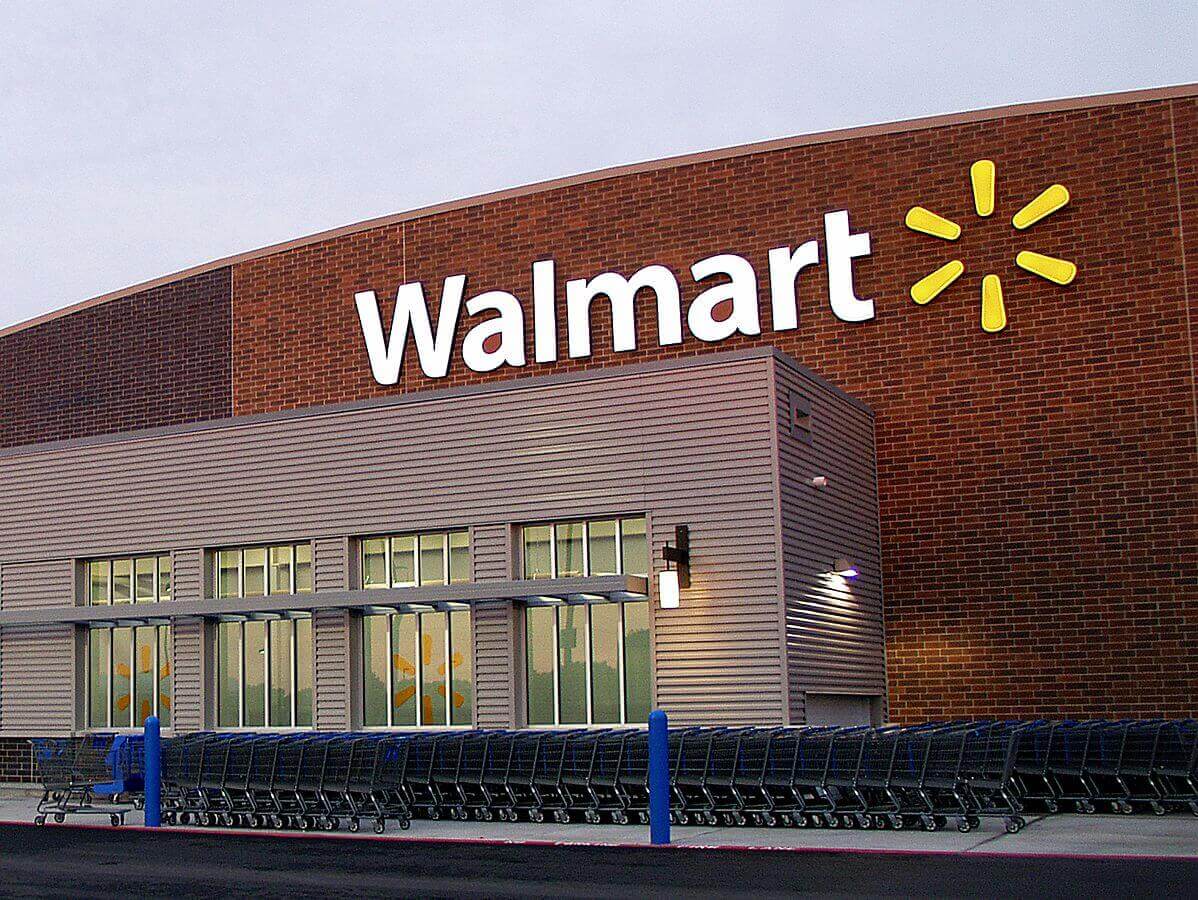
Year of IPO: 1970
Value: $5 million
Inflation-adjusted: $32 million
In 1970, going public was not the first choice for most companies hoping to raise capital, and it was the last decade to see multiple months without a single IPO listing. At the time, Walmart had 38 stores and annual revenue of more than $44 million. Brothers and co-founders Sam and Bud Walton had gone into debt by expanding their business through bank loans and felt that going public was the only viable way to reduce their debt while continuing to grow the business. The initial offer of 300,000 shares traded over the counter, but in less than two years, their value had quadrupled, and Walmart began trading on the New York Stock Exchange. Taking stock splits into account, 100 shares of Walmart purchased for $1,650 in 1970 would be worth more than $19 million today. Impressive returns for Walmart, and other early technology investors from the 80s, arguably helped fuel the IPO boom of the 90s and continue to drive the appetite for IPOs today. For the Walton family, going public was a key step in becoming the world’s largest company by revenue.







